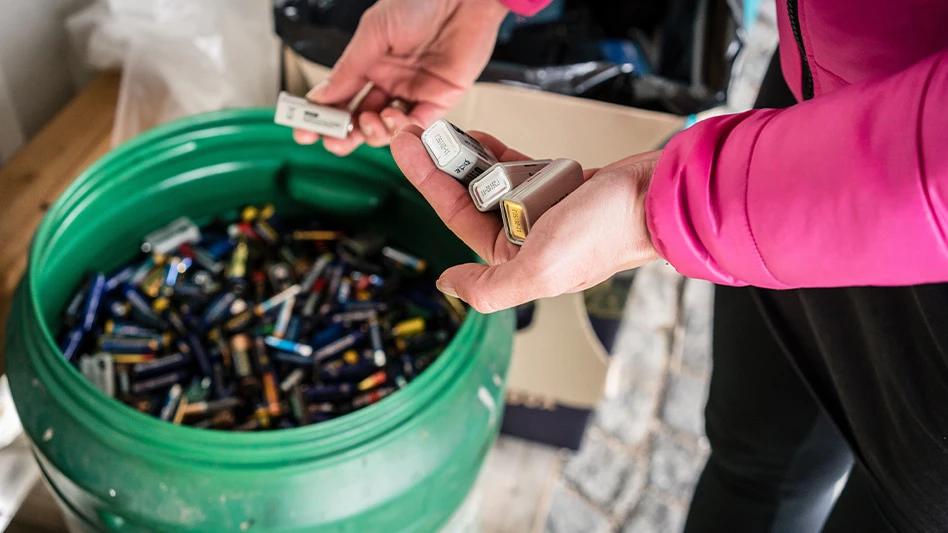Batteries
Your spent batteries contain valuable materials that can be reclaimed for recycling! We take your used batteries, and our partners separate the chemicals from the metals to be used for building other products.
This category includes all batteries that you would use around the house. All the batteries we collect are recycled, so if you have new batteries that you don't need, we recommend gifting them via your local Buy Nothing group!
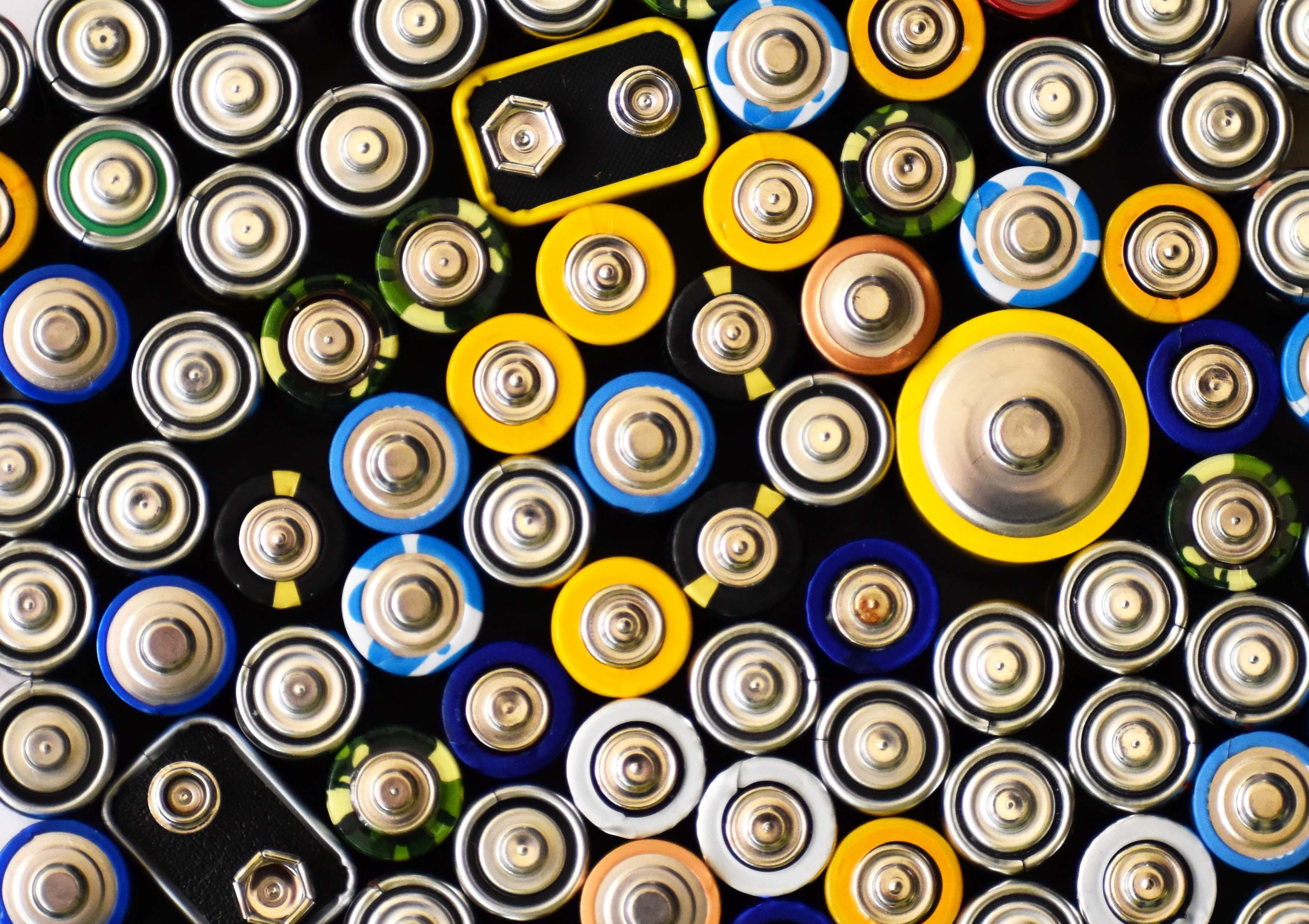
What we do with it
When you put your batteries in your Ridwell bag, you know that they will be responsibly recycled with our vetted partners!
Ridwell takes two of the most common types of household batteries: alkaline and lithium. Alkaline batteries have a steel casing that can be recovered and recycled with other scrap metals, while the manganese and zinc electrodes inside can be used as ingredients in making fertilizer.
Lithium batteries include the rechargeable batteries found in electronics and round button batteries. Their next life begins when they are split open using a shredder or a high-speed hammer, then submerged in a caustic water that neutralizes the electrolytes and allows the recovery of the metals. The remaining solution is processed to create materials for new batteries.
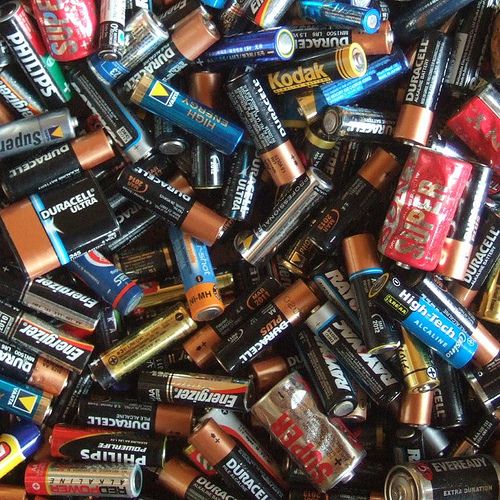
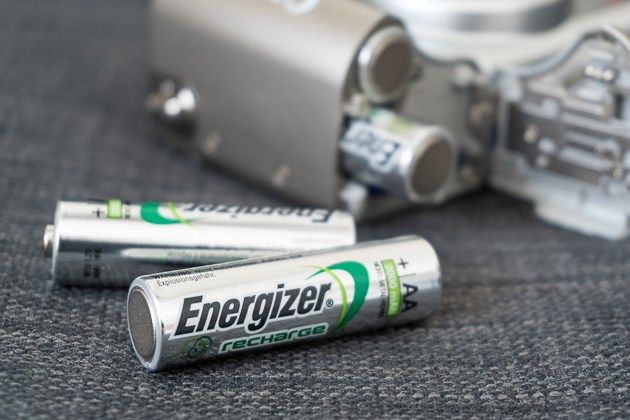
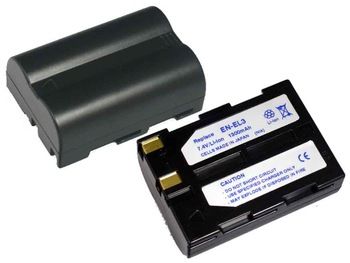
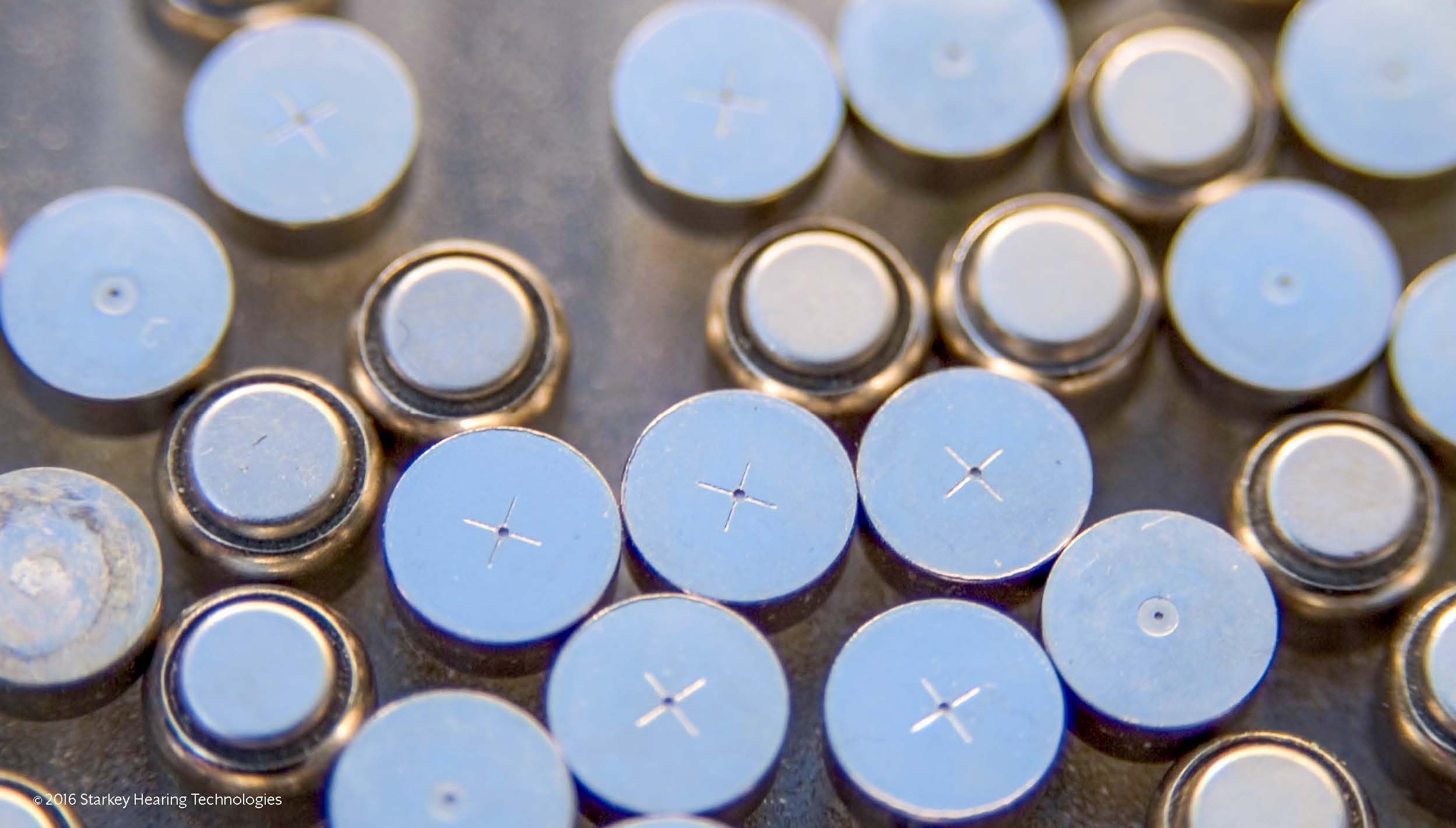
How we keep your Batteries out of landfills.
We partner directly with innovators who transform hard-to-recycle materials into new products—so you can see exactly where your items go and what they become.
Ecolights
EcoLights NW began in 1996 in Seattle, WA with a small dedicated team focused on the proper end of life handling of fluorescent and other light bulbs, lighting ballasts, and batteries of all chemistries and types. Their mission is to recycle as much of the resources in these materials as reasonably possible so that it can be reused in the circular economy, and to prevent the toxic components from being released to the environment.
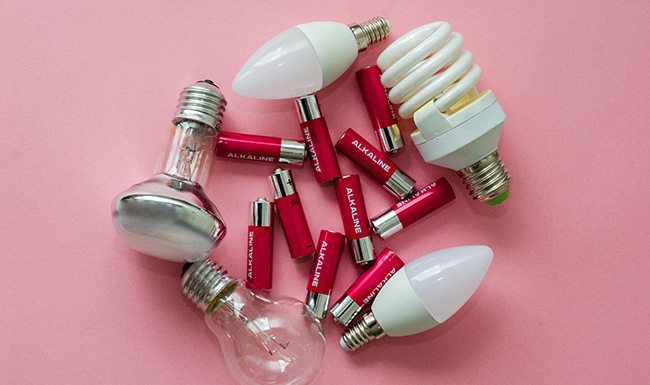
Critical Materials Recovery LLC
Critical Materials Recovery LLC (CMR) is a leading domestic battery recycling company, based in Phoenix, AZ, specializing in end-of-life alkaline batteries. Using state-of-the-art extraction equipment, they produce high-quality raw materials, including a zinc/manganese concentrate (which is used by the fertilizer industry), and ferrous and non-ferrous materials (which are used in the recycled metals industry). CMR is deeply committed to sustainability: its process recovers as much as 95% of materials from alkaline batteries, does not require the use of hazardous materials, and does not generate hazardous waste. Ridwell batteries recycled with CMR will be given a second life by having their components repurposed by the fertilizer and metals industries, avoiding the impacts of new raw material extraction.
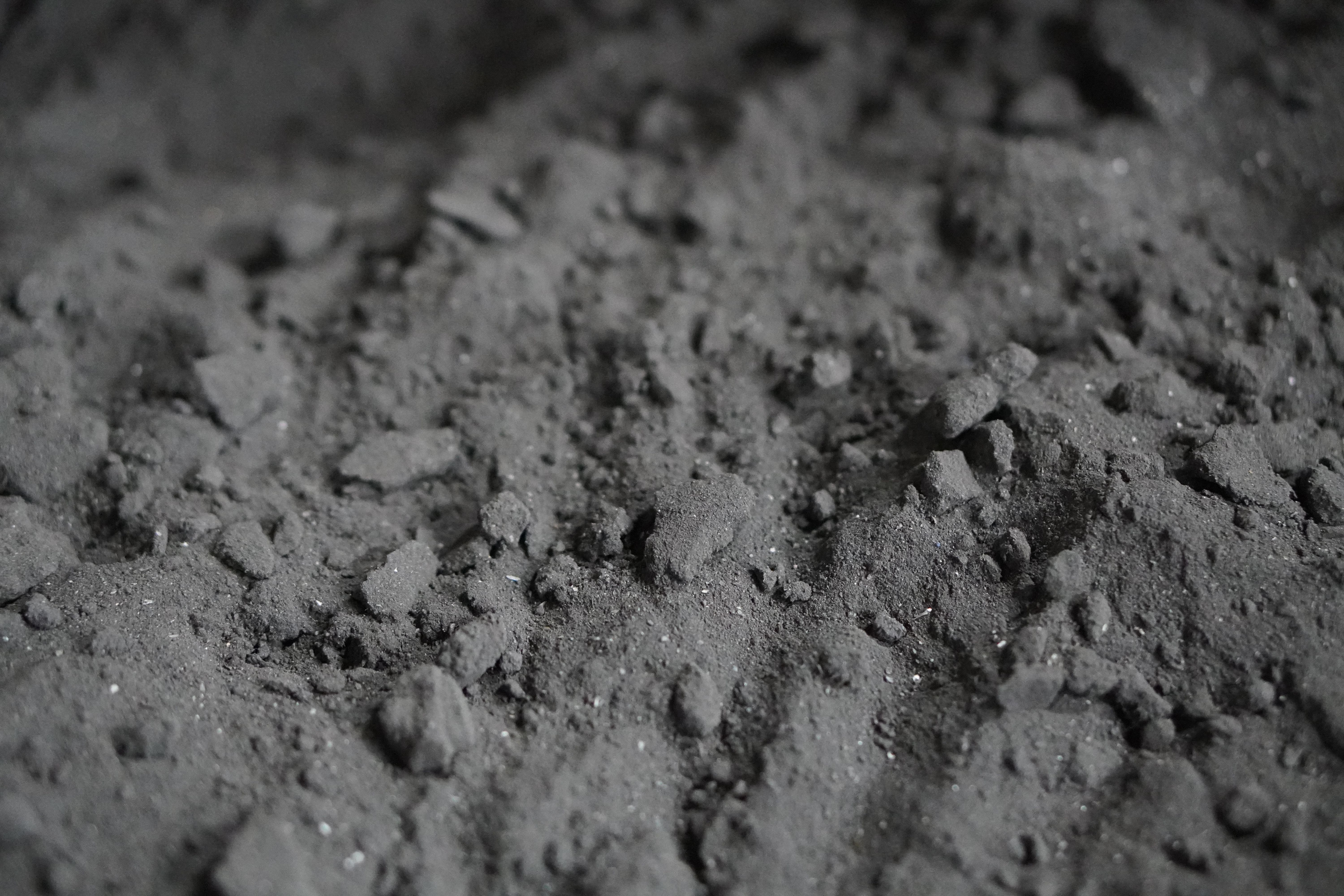
The Battery Network (formerly Call2Recycle)
The Battery Network, a not-for-profit organization, operates the country's premier battery collection, logistics, and recycling program operating with a commitment to safety and environmental excellence. After 26 years and more than 140 million pounds of batteries safely and responsibly recycled across the U.S., The Battery Network provides effective, efficient, and compliant battery management of rechargeable and single-use household batteries.
